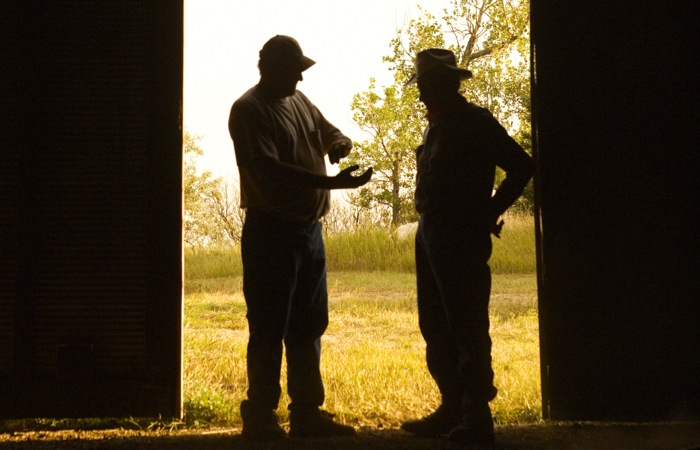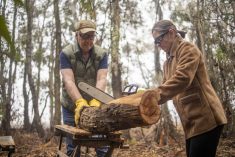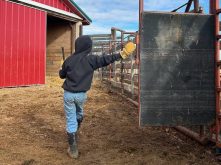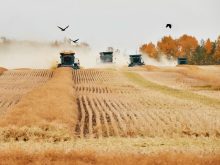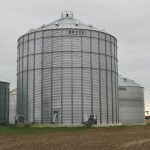During the winter months, I spent a lot of time at conferences and meetings, often talking with farmers over lunches and breaks.
One such conversation was around farm transition. I spoke with a couple in the process of taking over the family farm.
The issue was two other siblings who worked off the farm. These two siblings weren’t interested in farming, but their parents had always told them they would get a share of the farm. The couple weren’t sure if the siblings would chose to keep any land they inherited, or if they would sell it for cash. The couple isn’t currently able to buy it; losing the land could jeopardize their small farm operation.
Read Also

Avoid these thought traps when investing
Investing for Fun and Profit: Let’s review a list, by renowned fund manager Peter Lynch, of the most dangerous things that stock market investors can say to themselves, or to others.
Mom and Dad incorporated the farm 10 years ago, but they hadn’t really done anything more than that. The couple needed more information.
This brought me back to last year’s Alberta Canola Producer’s Commission’s Leading Edge Farm Management series. I was part of this speaker series. Other speakers were experts on farm management, tax planning and farm transitioning: Dr. Dany Klinefelter, Dean Gallimore, Merle Good and Joel Bokenfohr.
I remember listening to their presentations intently. The thing that really got me was the level of complexity in today’s world of taxation. Farmers must start planning something like a farm transition several years in advance so everything is in place to make it happen as efficiently and cost effectively as possible, so you can keep the farm as a viable functioning business even with outside siblings involved.
It was a good that we did three similar meetings so that I had the opportunity to hear them talk three times on the same subjects. I needed three times to get my head wrapped around all of the details involved in a farm transition or a farm financial health checkup. I can see why many do not want to tackle these issues, so they put it off — not the best strategy.
All I could suggest to this couple was that, before they make any decisions, they talk to their accountant and lawyer and/or someone like Dean Gallimore who specializes in farm transition strategies. Bringing in someone like Merle Good to sit down with everyone involved (including siblings) to discuss the realities of a farm transition can also help. An outsider can outline everyone’s expectations and help develop a solution everyone can live with.
Fair or equal?
I remember Merle Good saying that siblings may want their fair share, but “fair” does not mean they will get an equal share of the assets or land. Often, they need to see it as getting their “fair share” based on their involvement and input to the farm over the past number of years. If they have been working elsewhere for 10 years while their farming sibling has been working on the farm, they should take into account who has been building the equity in the farm during that time. Off-farm siblings should not expect to get an equal percentage of the overall farm and assets compared to the sibling who has been working on the farm. And that’s where the fighting begins. It takes a long time for everyone to come to the reality of the situation and to be fair minded about what is best to allow the family and the farm to remain intact.
I have talked to too many farm families that tried to do a transition the good old fashioned way — on their own. By the time they were done, the farm was either broke or sold to pay taxes and fees, and to give a little piece of the pie to everyone who wanted a piece. If someone in the family wanted to farm, they couldn’t afford to after the transition process.
Too many families have been torn apart over a farm transition. That can be avoided with some pre-planning done well in advance. With a little help, farmers can ensure that the proper steps are taken to transfer a viable farming operation over to the next generation and still give everyone else involved their “fair share” and maintain family harmony for the future.
Depending on the complexity of the situation — factors like the number of interested parties involved in the transition, the size of the operation, who owns what assets — the process can take a while. Bringing in outside experts may not be cheap, but from what I remember from the after hours discussions I had with the other speakers on the tour last year, the head aches and tax savings from properly setting up the transition from the beginning will far outweigh the cost and time you spent to do it. And it’s hard to put a price on keeping your farm viable and your family united.


